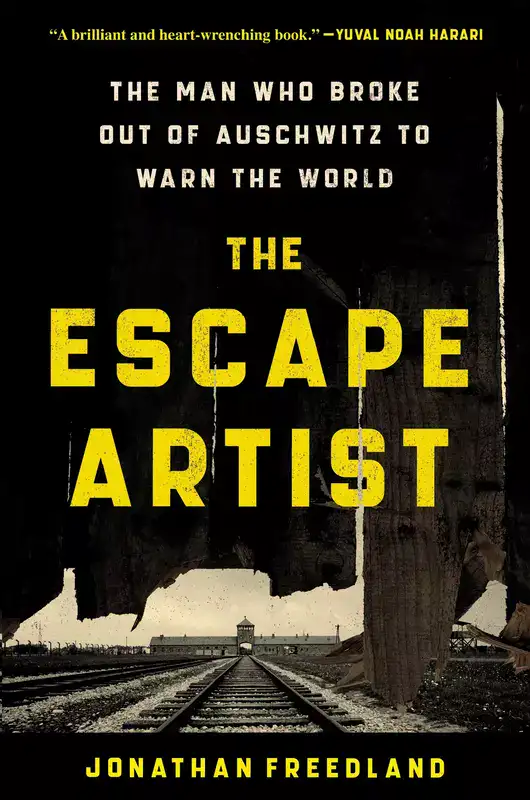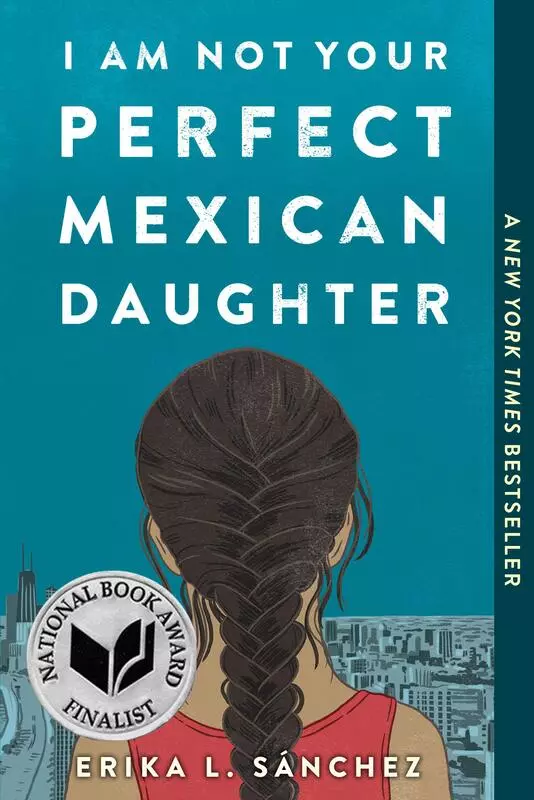This post may contain affiliate links. Read more here.
Book club questions for Solito by Javier Zamora explore some of life’s biggest questions about perseverance and bravery, self-identity and immigration, growing up, finding family, and our place in the big world. What does it truly mean to be an immigrant? How do we help each other in times of struggle?
Solito is a New York Times bestseller released in September 2022. It is rated as one of the best books of the year by the New York Public Library, and New York Times Book Review, and a Read With Jenna book club pick.
This book is a riveting tale of perseverance and length humans will go to help each other in times of struggle. A monumental accomplishment, and a true landmark in the literature of immigration, Solito is a stirring portrait of the power of human connection. I couldn’t recommend this book enough. If you have even the smallest interest in the challenges of the world, the impacts of war and immigration, make sure to read this book.
Below are my book club and discussion questions for Solito! Let me know your thoughts and I hope it will be a joy for you to discuss them in detail with your book clubs! ✨
The Synopsis
Javier Zamora’s adventure is a three-thousand-mile journey from his small town in El Salvador, through Guatemala and Mexico, and across the U.S. border. He will leave behind his beloved aunt and grandparents to reunite with a mother who left four years ago and a father he barely remembers. Traveling alone amid a group of strangers and a “coyote” hired to lead them to safety, Javier expects his trip to last two short weeks.
At nine years old, all Javier can imagine is rushing into his parents’ arms, snuggling in bed between them, and living under the same roof again. He cannot foresee the perilous boat trips, relentless desert treks, pointed guns, arrests and deceptions that await him; nor can he know that those two weeks will expand into two life-altering months alongside fellow migrants who will come to encircle him like an unexpected family.
A memoir as gripping as it is moving, Solito provides an immediate and intimate account not only of a treacherous and near-impossible journey, but also of the miraculous kindness and love delivered at the most unexpected moments. Solito is Javier Zamora’s story, but it’s also the story of millions of others who had no choice but to leave home.
In love with literature? Try audio books or writing classes
for free for 30 days.✨
Book Club Questions for Solito
1. “Trip. My parents started using that word about a year ago—‘one day, you’ll take a trip to be with us. Like an adventure.’” The result is a harrowing migration story, a narrative that is immediate and intimate, in which the reader is essentially there, in the boy’s shoes and inside his head. What did you learn through Javier Zamora’s experience? What surprised or shocked you?
2. This memoir is told from the perspective of the author as a nine-year-old boy. How do you think that adds to the narrative? Would the book have a different effect if it was the story of an adult’s journey?
3. From Don Dago to others who remain unnamed, Javier relies on a network of coyotes to get him to America. What was your initial opinion on these coyotes? Did it change over the course of the memoir?
4. There are many legs to this journey: boat, bus, on foot. Describe the ways each leg was uniquely challenging and dangerous.
5. The journey wasn’t just physically taxing, but mentally, too. Discuss all that Javier—as a young child—has to memorize throughout the ordeal, from Mexican cities to political facts. Why might he have to pretend he is Mexican?
6. Aside from Javier, which characters stayed with you, and why
7. The author is a poet. How do you think this serves the story he tells, and how does it affect the interplay between intense circumstances and beautiful images and writing?
8. The natural world is a character itself in Solito—the animals, the plants, the landscape, the full moon, the sunrise—particularly in the scenes in the desert. Which natural elements stood out for you, and why?
9. How do you think Javier survived during the seven-week journey? How did you think he sustained himself mentally and emotionally?
10. How does Javier change throughout the book?
11. Solito is set in 1999—23 years ago—and yet we still need immigration reform. Name three ways you think the American immigration system can be more efficient and humane. Can the existing system even be changed?
12. Javier’s story is also the story of millions who have had no choice but to leave home. Have you or someone you’ve known faced similar circumstances? If so, how has this shaped your life or theirs?
Bonus Book Club Questions for Solito
13. How much did you know about America’s immigration system before reading Solito? Did your view of the issue change? Why or why not?
14. Toward the beginning of the memoir, Javier lists all the ways he and his mother tried to immigrate legally. Discuss how these attempts are thwarted.
15. What could you or your neighbors do to welcome immigrant families into your community?
16. How did you feel at the end of Solito?
Additional Recommendations
Hope you enjoyed my book club and discussion questions for Solito by Javier Zamora! Here are some more of my book club recommendations.
The Escape Artist by Jonathan Freedland
In April 1944, Rudolf Vrba became the first Jew to break out of Auschwitz—one of only four who ever pulled off that near-impossible feat. He did it to reveal the truth of the death camp to the world—and to warn the last Jews of Europe what fate awaited them at the end of the railway line. Against all odds, he and his fellow escapee, Fred Wetzler, climbed mountains, crossed rivers and narrowly missed German bullets until they had smuggled out the first full account of Auschwitz the world had ever seen—a forensically detailed report that would eventually reach Franklin Roosevelt, Winston Churchill and the Pope.
And yet too few heeded the warning that Vrba—then just nineteen years old—had risked everything to deliver. Some could not believe it. Others thought it easier to keep quiet. Vrba helped save 200,000 Jewish lives—but he never stopped believing it could have been so many more.
This is the story of a brilliant yet troubled man—a gifted “escape artist” who even as a teenager understand that the difference between truth and lies can be the difference between life and death, a man who deserves to take his place alongside Anne Frank, Oskar Schindler and Primo Levi as one of the handful of individuals whose stories define our understanding of the Holocaust.
I Am Not Your Perfect Mexican Daughter by Erika L. Sánchez
Perfect Mexican daughters do not go away to college. And they do not move out of their parents’ house after high school graduation. Perfect Mexican daughters never abandon their family.
But Julia is not your perfect Mexican daughter. That was Olga’s role.
Then a tragic accident on the busiest street in Chicago leaves Olga dead and Julia left behind to reassemble the shattered pieces of her family. And no one seems to acknowledge that Julia is broken, too. Instead, her mother seems to channel her grief into pointing out every possible way Julia has failed.
But it’s not long before Julia discovers that Olga might not have been as perfect as everyone thought. With the help of her best friend Lorena, and her first love, first everything boyfriend Connor, Julia is determined to find out. Was Olga really what she seemed? Or was there more to her sister’s story? And either way, how can Julia even attempt to live up to a seemingly impossible ideal?
Thank you for reading my book club questions and happy reading! ❤️

